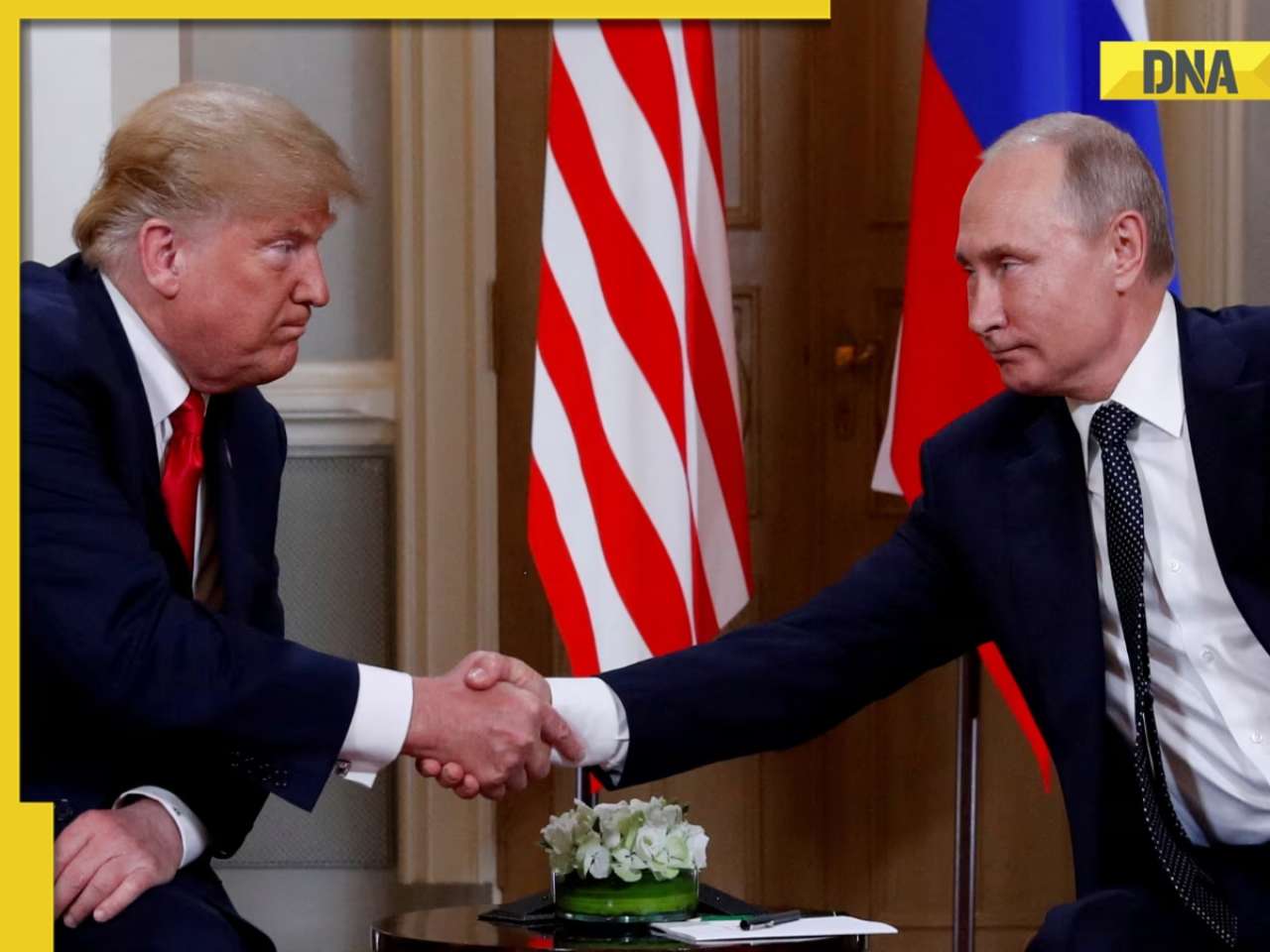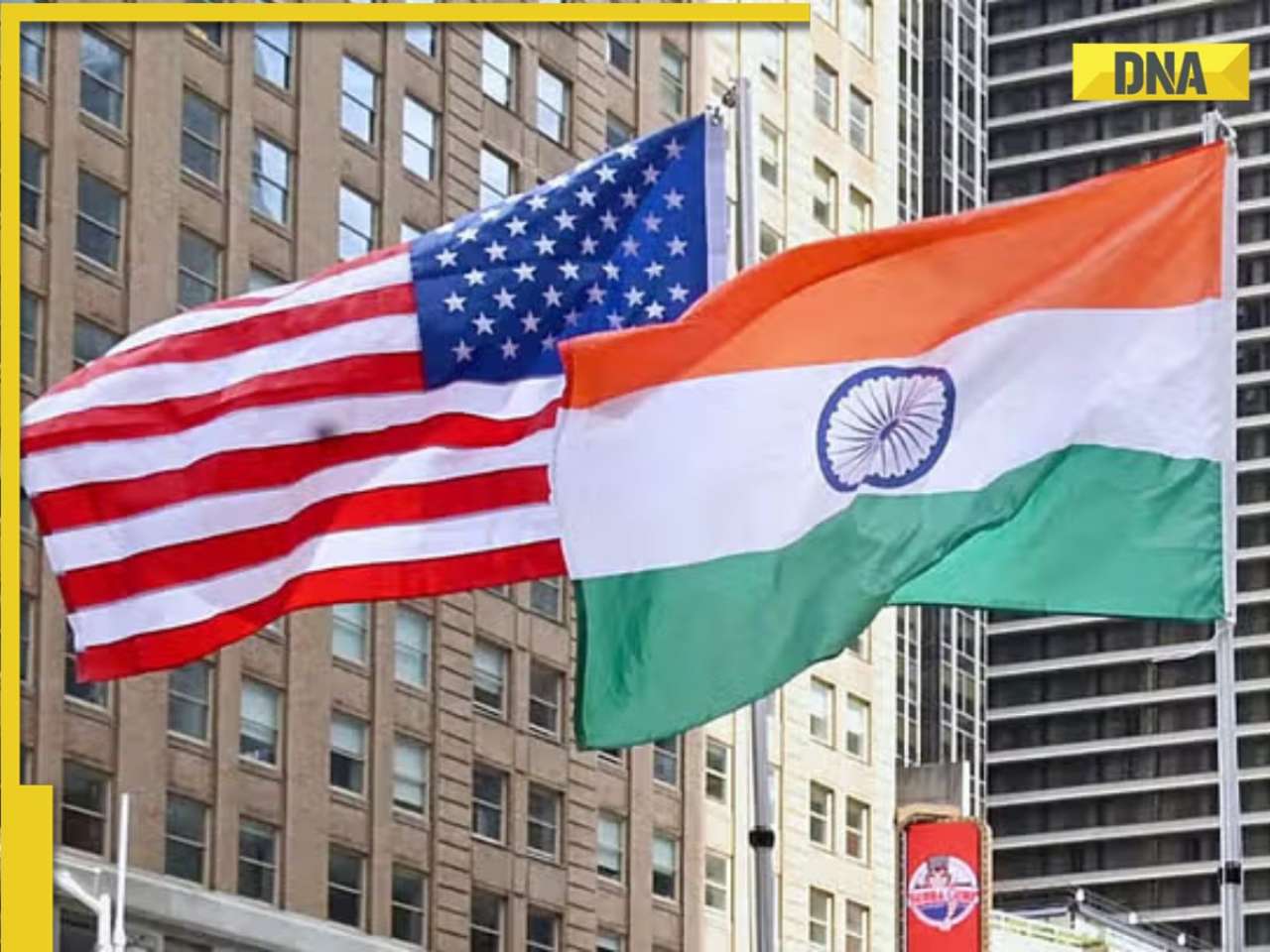Does Turkey's President Recep Tayyip Erdogan nourish the ambition of becoming the new Caliph of all Islamic countries? Will he ever be able to achieve his goal or be thwarted by its rival Saudi Arabia?
Did Turkey support Pakistan in its clashes with India to be a champion of the Umma or the Muslim World? Does President Recep Tayyip Erdogan nourish the ambition of becoming the new Caliph of all Islamic countries? Will he ever be able to achieve his goal or be thwarted by its rival Saudi Arabia? These questions have become relevant after Ankara backed Islamabad despite a good old friendly relationship with India.
These questions cropped up after Turkey's vocal support for Pakistan following India's retaliatory strikes against terror networks after the brutal killing of civilians in Pahalgam came out in the open. More than a reaction to a regional conflict, it signals Turkey's growing aspiration to replace Saudi Arabia as the leading voice in the Islamic world and to expand its influence across South and Southeast Asia, challenging traditional alignments.
Turkey-Saudi Arabia rivalry
The rivalry came into sharper focus in 2019 when Malaysian Prime Minister Mahathir Mohamad hosted a summit to discuss challenges facing the Muslim world. Saudi Arabia refused to attend and pressured others, including Pakistan, to follow suit. Turkish President Erdogan, by contrast, fully backed Mahathir. Riyadh viewed the summit as a threat to its religious authority and dominance over the Organisation of Islamic Cooperation (OIC).

(Muhammad-bin-Salman, Crown Prince, Saudi Arabia)
Analysts suggested that Saudi leaders feared diplomatic isolation, especially as regional competitors like Turkey, Iran, and Qatar took part. Pakistan's then Prime Minister Imran Khan initially planned to attend but ultimately withdrew, reportedly under Saudi pressure. Saudi Arabia has long claimed leadership of the Islamic world, as guardian of Mecca and Medina and head of the OIC.
Who will become champion of Muslim world?
Its global promotion of Wahhabi Islam gave it unmatched soft power. That position, however, has witnessed a change under Crown Prince Mohammed bin Salman's reforms. These include curbing religious police, expanding entertainment, and allowing women to drive—moves signaling a shift from strict orthodoxy. His Vision 2030 plan, focused on economic diversification and modernization, marks a broader retreat from exporting religious ideology.
This evolving posture has opened space for other Muslim-majority countries to step forward. Turkey, under Erdogan, has moved to fill that vacuum. Drawing on history, strategic alliances, and ideological ambition, Ankara is positioning itself for a larger leadership role in the Islamic world.
Islamic identity
Turkey's effort to forge a distinct Islamic identity is rooted in Cold War politics and nationalist reinterpretations of Islam. During that period, American-backed initiatives like Operation Gladio promoted a Turkish form of Islamic Nationalism to counter rising leftist influence. A key figure in this movement, Alparslan Turkes — founder of the Nationalist Movement Party (MHP) and the Grey Wolves — famously declared, "Turkishness is our body, Islam is our soul." He advocated for Turkish, rather than Arabic, in religious texts and rituals, reinforcing a nationalized form of Islam distinct from Pan-Islamism.
Although Turkes rejected international Islamic unity, his views shaped a tradition in which Islam served to bolster Turkish nationalism. This synthesis laid the ideological foundation for later efforts to revive elements of the Ottoman past. Under President Erdogan and the Justice and Development Party (AKP), that legacy has evolved into what many call "neo-Ottomanism". Erdogan avoids framing his agenda as pan-Islamic but presents Turkey as the natural heir to Ottoman leadership in the Muslim world.
His emphasis on Muslim solidarity — particularly with marginalized communities — blends humanitarian rhetoric with strategic ambition. This dual posture is evident in Turkey's involvement in Syria, Libya, the Caucasus, and more recently, South Asia.

(Recep Tayyip Erdogan with Pakistan PM Shehbaz Sharif)
Turkey moves closer to Pakistan
Erdogan is one of the few world leaders to have addressed Pakistan's parliament, a gesture underscoring the depth of bilateral ties. His speech, invoking prayers for enduring solidarity, was more than symbolic. Turkey and Pakistan share a long history of strategic and ideological alignment.
Their partnership dates back to the early Cold War. In 1954, they signed a Treaty of Friendship and joined Western-led alliances like CENTO and SEATO. While India pursued non-alignment, Pakistan aligned with the US bloc. As a NATO member, Turkey found common ground with Pakistan in their opposition to communism and in their strategic locations. Cultural and ideological affinities followed.
Turkish Islamists continue to admire Pakistani thinkers such as Abul A'la Maududi and Muhammad Iqbal. During the Soviet invasion of Afghanistan, Turkish and Pakistani intelligence quietly coordinated support for the Mujahideen, backed by the US and Gulf states. What began as Cold War cooperation has since evolved into lasting Islamic solidarity.
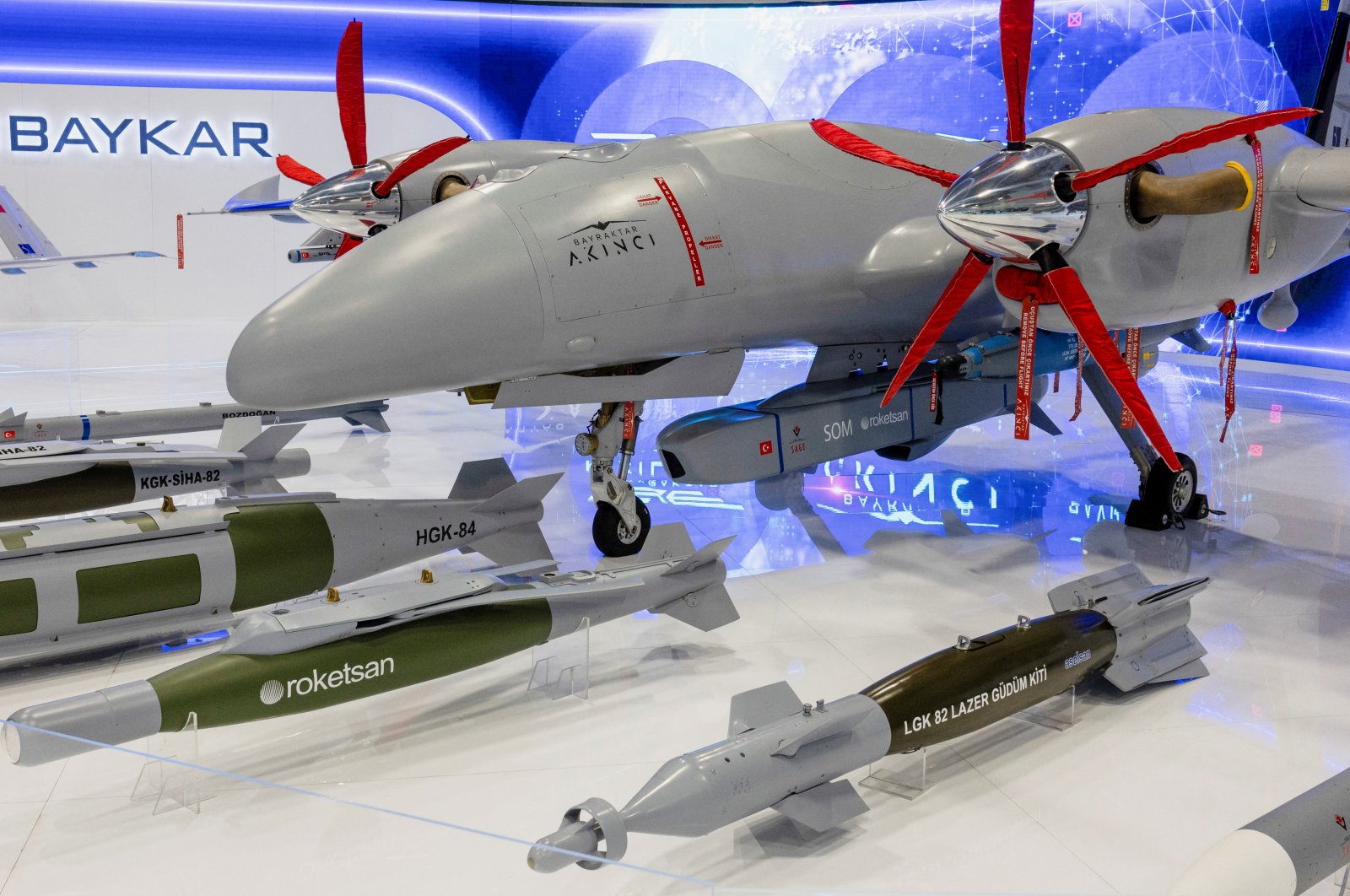
Turkey-Pakistan defence cooperation
Turkey is currently the second-largest supplier of arms to Pakistan. Its contributions include advanced drones, naval systems, and broader modernization of Pakistan's armed forces. Turkish-made drones such as the Bayraktar TB2 have reportedly been used by Pakistan in sensitive operations along its border with India.
Beyond military cooperation, the two countries have formalized their relationship through the High-Level Strategic Cooperation Council, which oversees joint initiatives in defines, trade, culture, and education.
Trade agreements and investment partnerships are expanding, with a shared goal of reaching $5 billion in bilateral trade. Both nations also coordinate on international platforms, advocating for the Muslim world on issues like Islamophobia and Kashmir. Turkey has consistently supported Pakistan's position on Kashmir at the United Nations and in other diplomatic settings.
Recep Tayyip Erdogan flirts Pakistan
The personal rapport between Erdogan and successive Pakistani leaders adds symbolic weight to this partnership. Frequent visits, public expressions of solidarity, and mutual praise continue to reinforce the image of a close and enduring alliance. The unofficial but potent link between Turkish and Pakistani Islamist movements adds another layer to the relationship. Turkish Islamists see themselves as part of a broader Islamic awakening, drawing intellectual inspiration from Pakistan's religious thinkers. Even during Turkey's secular era, conservative networks maintained quiet relationships with Pakistani counterparts. These relationships were strengthened through shared participation in causes such as the Afghan jihad.

(Pakistan joins Turkey-Azerbaijan military drills.)
Post-9/11, as the global political climate changed, Turkey repositioned itself as a bridge between Islamic values and modern governance. Erdogan capitalised on this image, presenting Turkey as a model Islamic democracy, while also reactivating conservative Islamic networks domestically and abroad. This ideological proximity is not confined to rhetoric. Turkish NGOs and education institutions have found fertile ground in Pakistan, particularly through religious schools and social service initiatives. These efforts create long-term cultural and ideological alignment.
Turkey–Pakistan Axis extends to Bangladesh
The emerging Turkey–-Pakistan axis is now extending to Bangladesh, marking a broader realignment in South Asia. In January 2025, a Turkish delegation visited Dhaka, shortly after Pakistan and Bangladesh agreed to hold joint naval exercises — their first major military cooperation since the 1971 war. For the first time since independence, Pakistani troops are operating on Bangladeshi soil, raising concerns in New Delhi.
Further fuelling anxiety is the rising presence of Turkish-backed NGOs in Bangladesh. One such group, Saltanat-e-Bangla, reportedly tied to Ankara's religious soft power network, promotes a revisionist vision of a "Greater Bangladesh" that includes parts of India and Myanmar. While still fringe, such narratives can gain traction in unstable political climates.

Turkey and India
For India, already on edge over Chinese influence, Turkey's expanding footprint presents a new strategic challenge.
Turkey's growing ties with Pakistan and Bangladesh go beyond cultural or religious affinity. They reflect a calculated strategy to position Ankara as a leading force in the Muslim world, challenging the traditional dominance of Gulf powers like Saudi Arabia and the UAE. By drawing on historical links, ideological alignment, and strategic cooperation, Turkey aims to reassert itself as both a regional and religious power.
The realignment remains fluid, and its trajectory will hinge on how other key players — India, Iran, Saudi Arabia, and China — respond. But the trend is clear: Turkey is no longer on the margins of South Asia's Muslim politics. It is now actively shaping the region's alliances and geopolitical narrative.
(With inputs from IANS.)
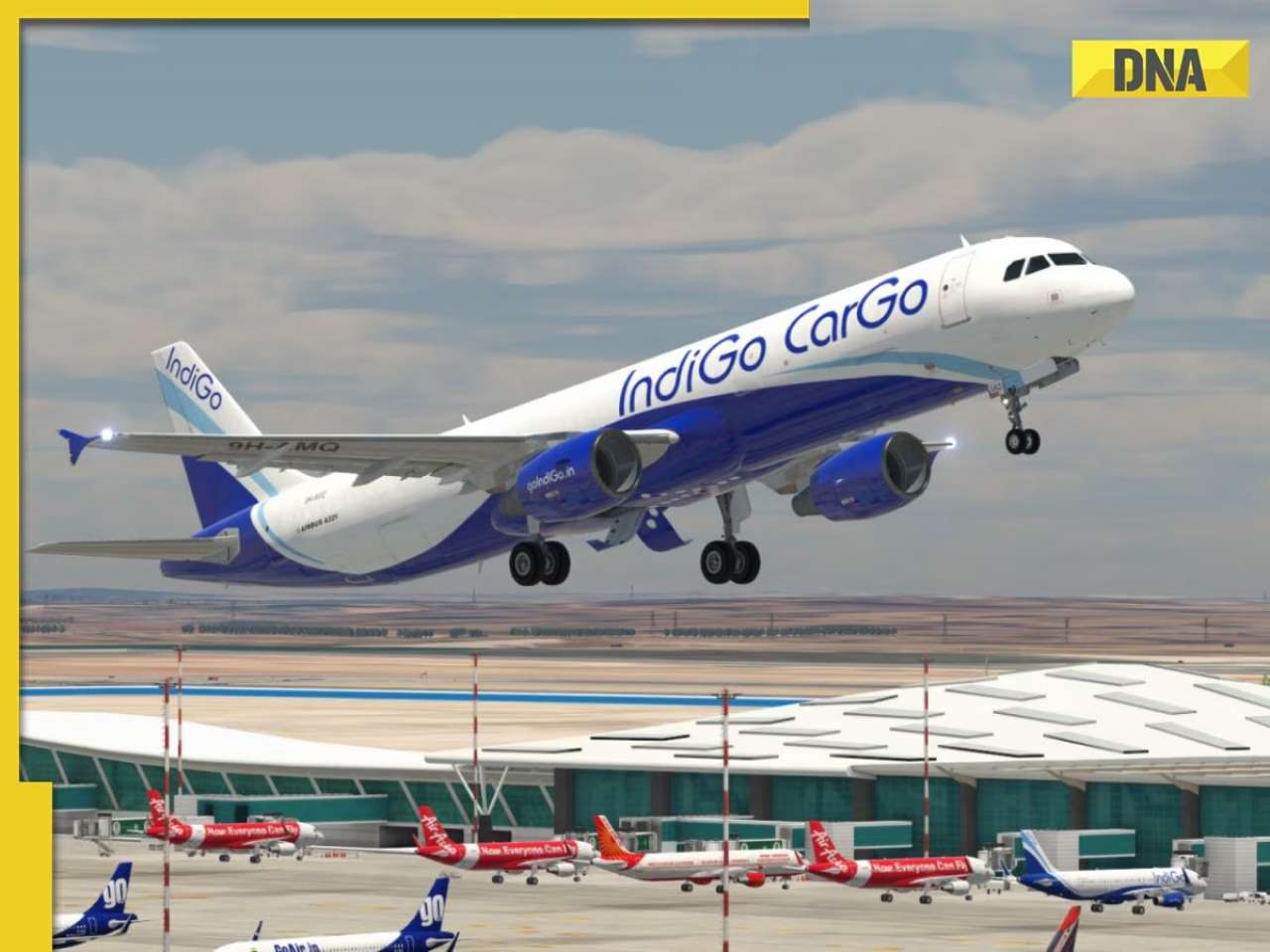 What is 'PAN-PAN' call that Delhi-Goa IndiGo flight pilot made before diverting flight to Mumbai?
What is 'PAN-PAN' call that Delhi-Goa IndiGo flight pilot made before diverting flight to Mumbai?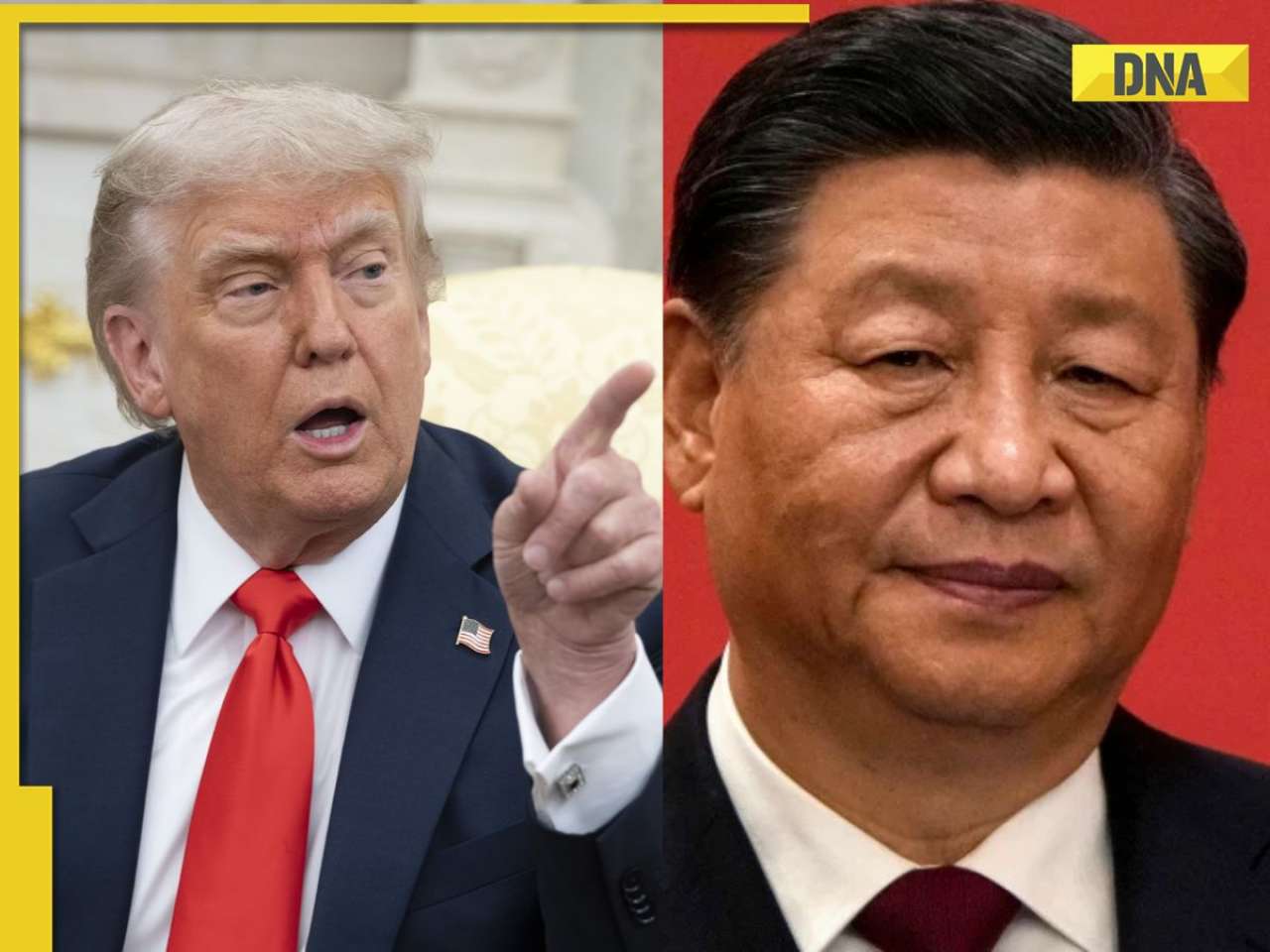 Donald Trump makes BIG claim, says US is working on deal with China's Xi Jinping to impose death penalty for...
Donald Trump makes BIG claim, says US is working on deal with China's Xi Jinping to impose death penalty for...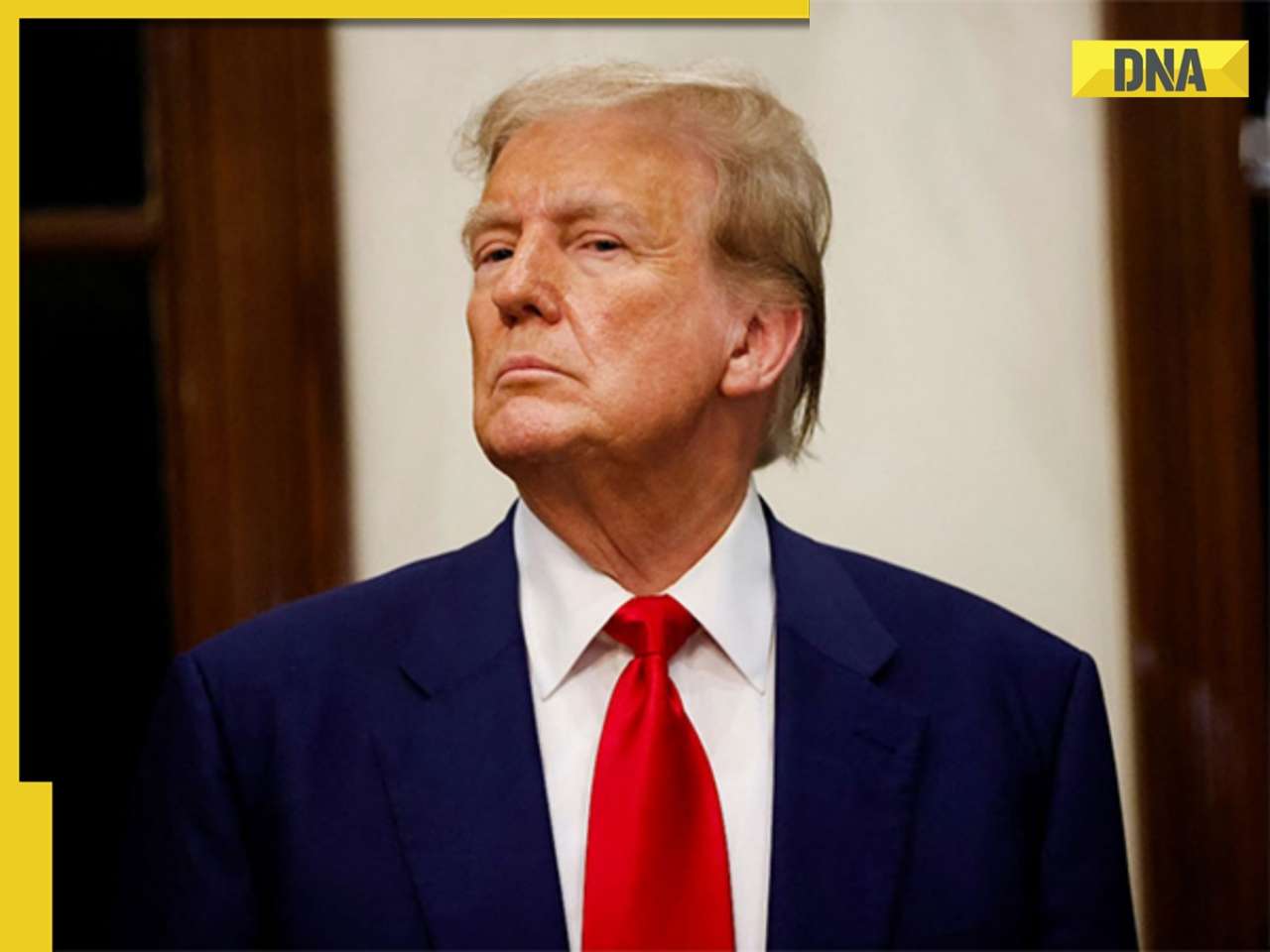 Donald Trump hints at India-US trade deal: 'very close to...'
Donald Trump hints at India-US trade deal: 'very close to...' Mohit Suri reveals Aditya Chopra's first reaction after watching Ahaan Panday, Aneet Padda-starrer Saiyaara: 'What happened to...' | Exclusive
Mohit Suri reveals Aditya Chopra's first reaction after watching Ahaan Panday, Aneet Padda-starrer Saiyaara: 'What happened to...' | Exclusive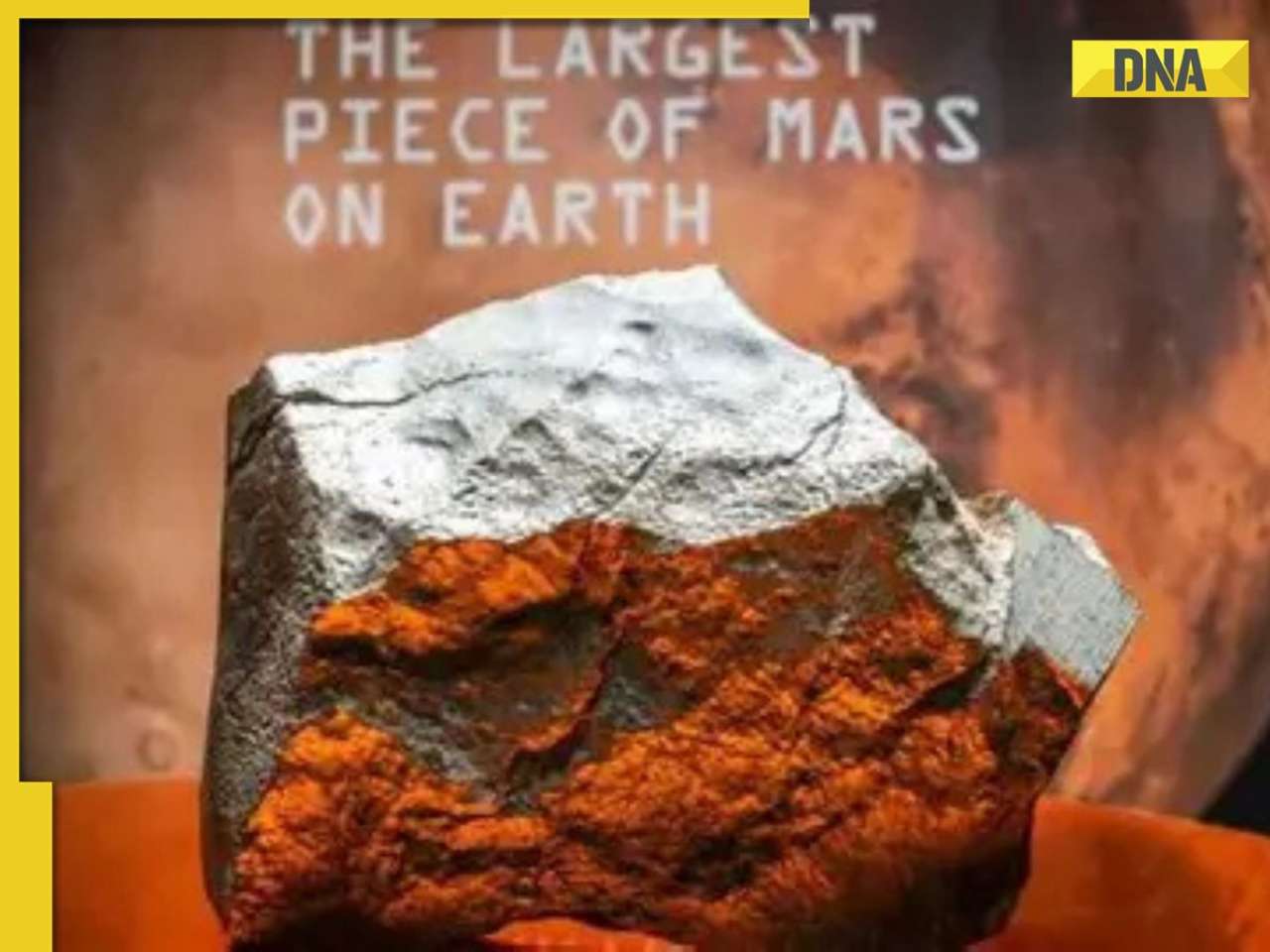 Largest piece of Mars found on earth sold for Rs..., discovered at Sahara Desert, it weighs..., know how it reached earth
Largest piece of Mars found on earth sold for Rs..., discovered at Sahara Desert, it weighs..., know how it reached earth 7 stunning images of supernova captured by NASA Hubble Telescope
7 stunning images of supernova captured by NASA Hubble Telescope 7 mesmerising images of star formation captured by NASA
7 mesmerising images of star formation captured by NASA What is brain fog? 7 Ways to overcome it
What is brain fog? 7 Ways to overcome it Sawan 2025: Move beyond Tip Tip Barsa Paani, this rainy season groove on these sizzling songs
Sawan 2025: Move beyond Tip Tip Barsa Paani, this rainy season groove on these sizzling songs Kang Seo‑ha to Kim Sae‑ron: K‑drama, K-pop icons we lost recently
Kang Seo‑ha to Kim Sae‑ron: K‑drama, K-pop icons we lost recently Shubhanshu Shukla News: What Astronaut Shubhanshu Shukla's Wife Has Planned For His Homecoming
Shubhanshu Shukla News: What Astronaut Shubhanshu Shukla's Wife Has Planned For His Homecoming Israeli Man Seeks Custody Of Daughters Found In Karnataka Cave | Karnataka News
Israeli Man Seeks Custody Of Daughters Found In Karnataka Cave | Karnataka News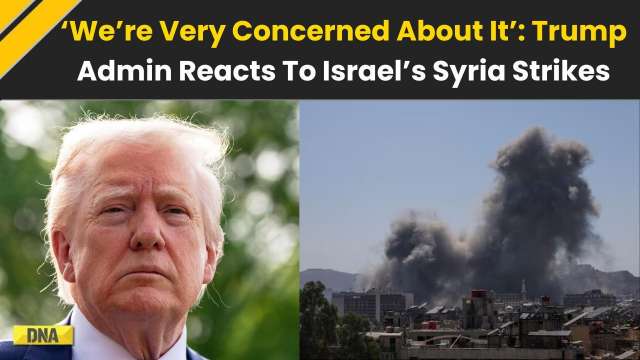 Israel Attacks Syria: Trump Admin Voices Concern Over Syria Strikes | USA On Israel Syria
Israel Attacks Syria: Trump Admin Voices Concern Over Syria Strikes | USA On Israel Syria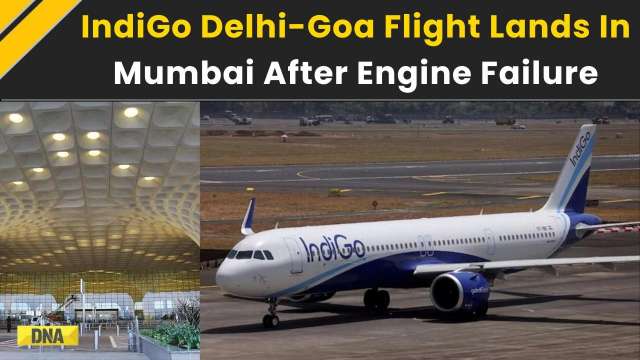 Delhi-Goa IndiGo Plane Makes Emergency Landing In Mumbai | Indigo News
Delhi-Goa IndiGo Plane Makes Emergency Landing In Mumbai | Indigo News Trump News: India-US Trade Deal In Works, Donald Trump Hints Progress | US News
Trump News: India-US Trade Deal In Works, Donald Trump Hints Progress | US News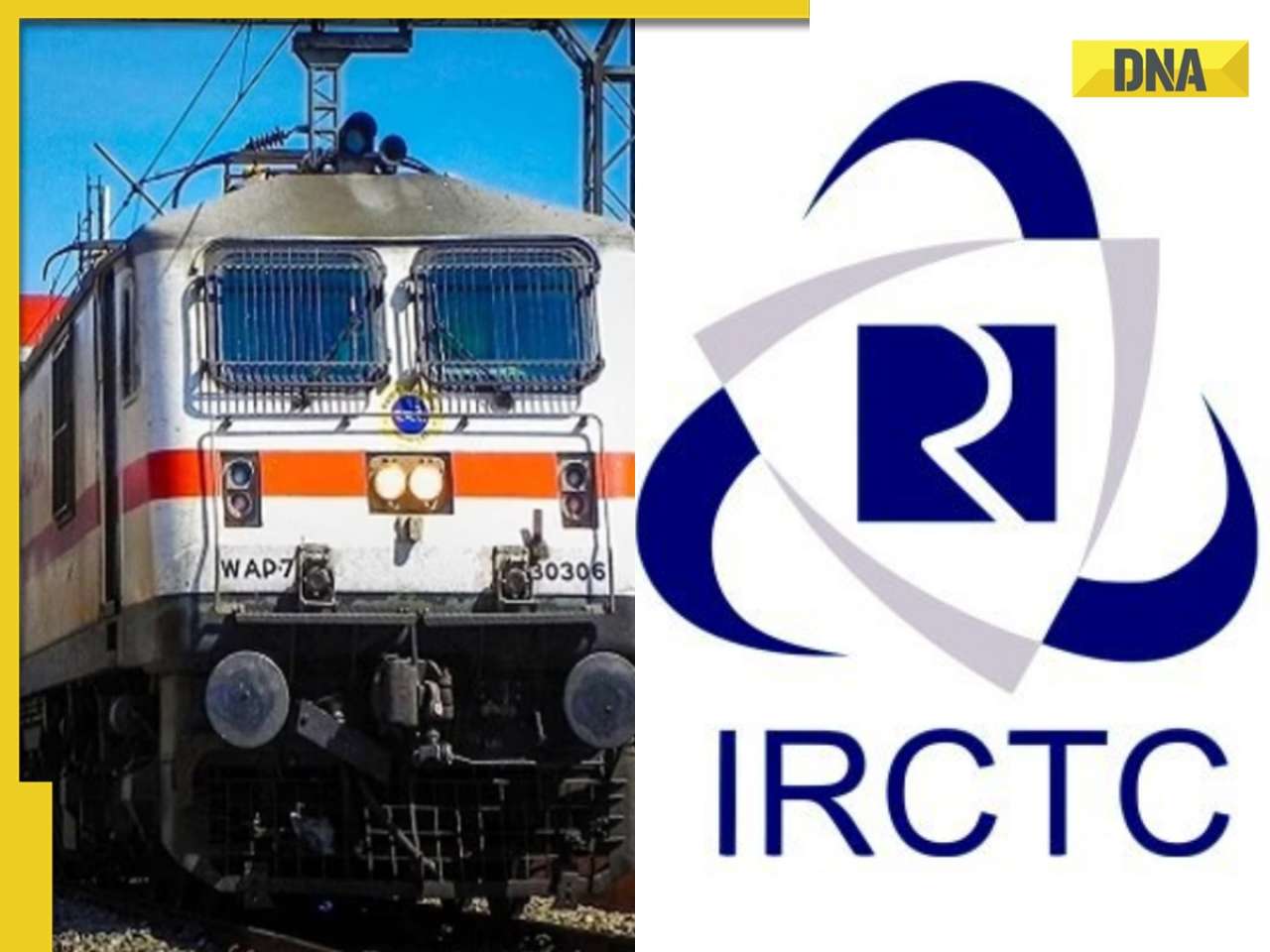 No OTP, no Tatkal ticket: Indian Railways makes Aadhaar OTP verification mandatory for online Tatkal booking; check details
No OTP, no Tatkal ticket: Indian Railways makes Aadhaar OTP verification mandatory for online Tatkal booking; check details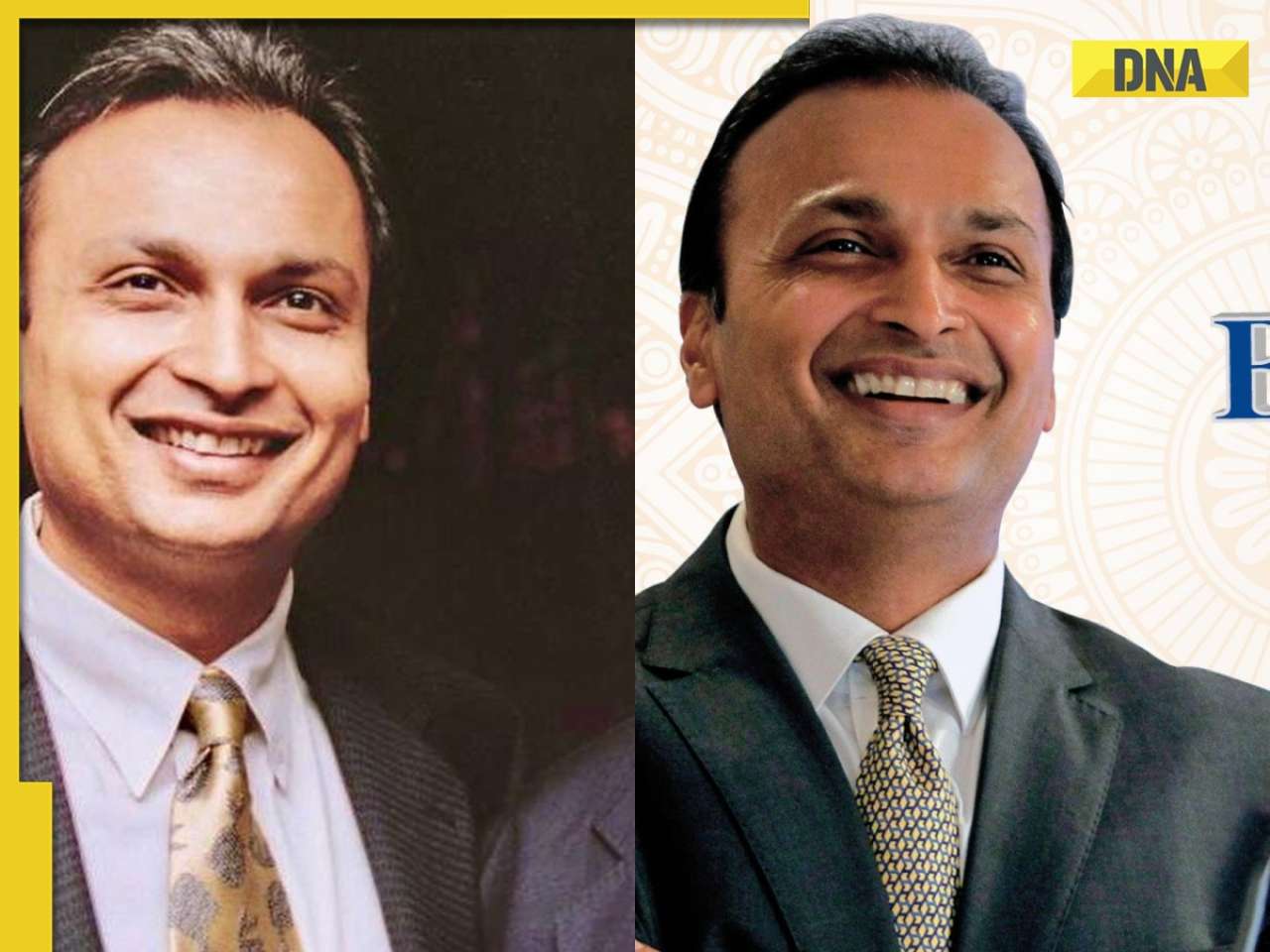 Anil Ambani's Reliance Infra, RPower make BIG move to raise Rs 18000 crore through...
Anil Ambani's Reliance Infra, RPower make BIG move to raise Rs 18000 crore through... ITR Filing 2025: Don't panic if you receive Income Tax Department notice, take THESE steps...
ITR Filing 2025: Don't panic if you receive Income Tax Department notice, take THESE steps...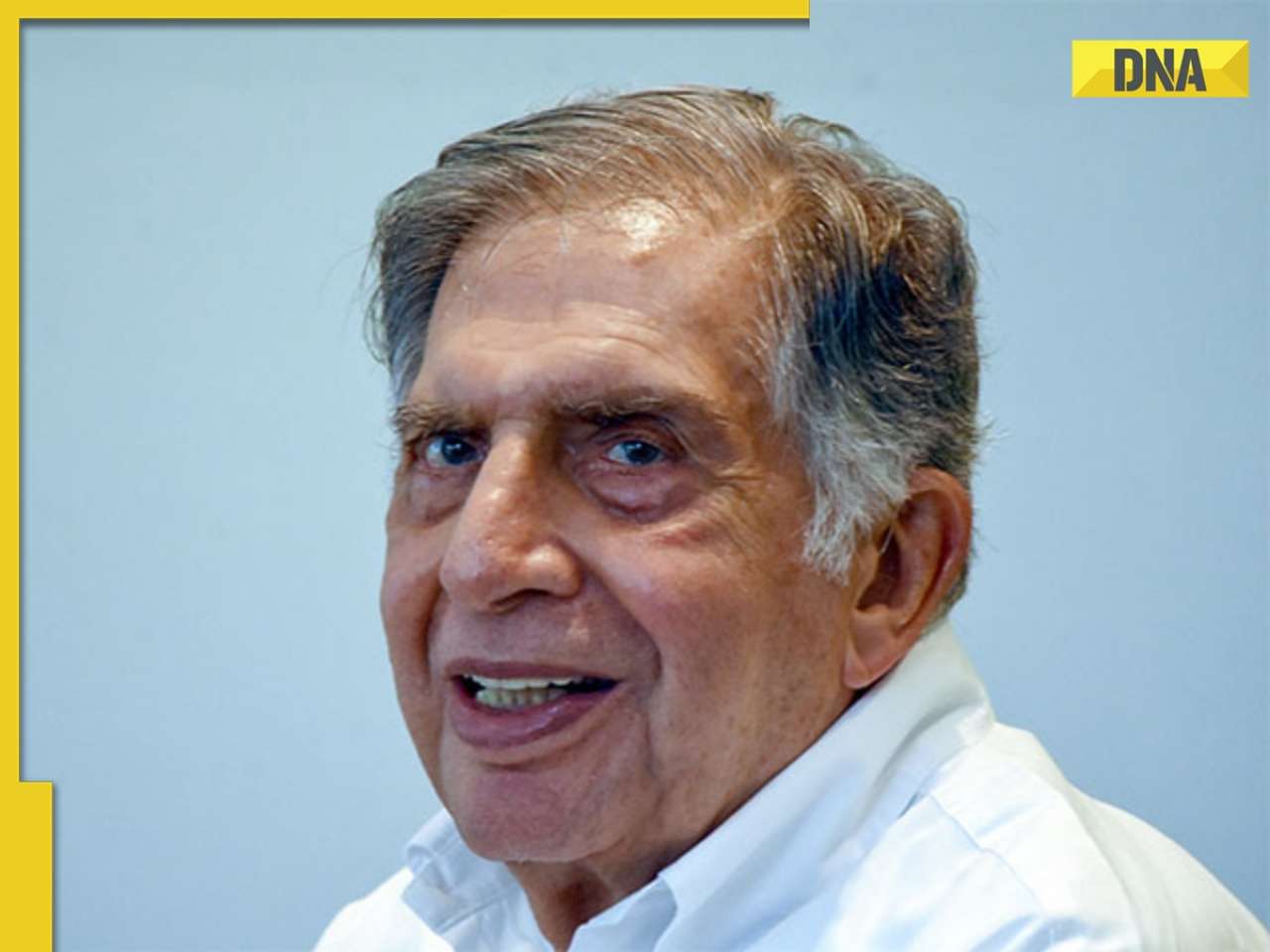 Good news for TCS employees as Ratan Tata's firm announces 100 percent variable pay for THESE employees, check here
Good news for TCS employees as Ratan Tata's firm announces 100 percent variable pay for THESE employees, check here  After approval, Starlink to offer fastest internet speed ranging from..., know what more it offers in India
After approval, Starlink to offer fastest internet speed ranging from..., know what more it offers in India 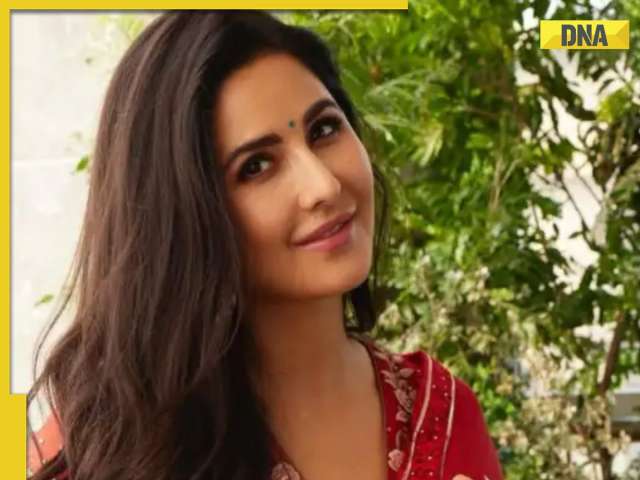 From Sheila Ki Jawani, Kala Chashma to Kamli: Katrina Kaif unforgettable dance numbers
From Sheila Ki Jawani, Kala Chashma to Kamli: Katrina Kaif unforgettable dance numbers 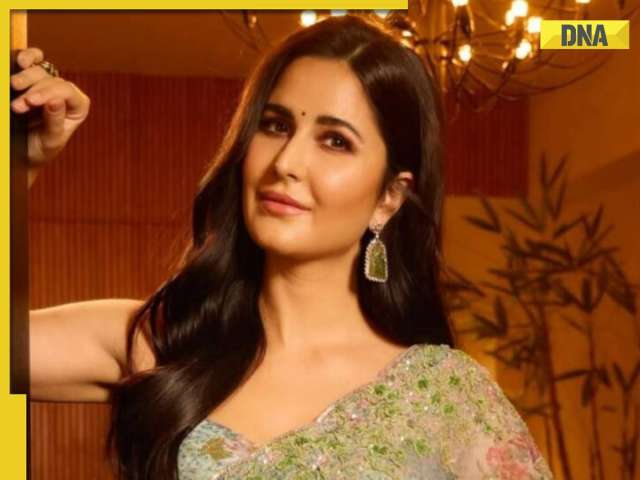 Is Katrina Kaif 'Runaway Bride' of Bollywood? 5 times actress has run away from weddings in films
Is Katrina Kaif 'Runaway Bride' of Bollywood? 5 times actress has run away from weddings in films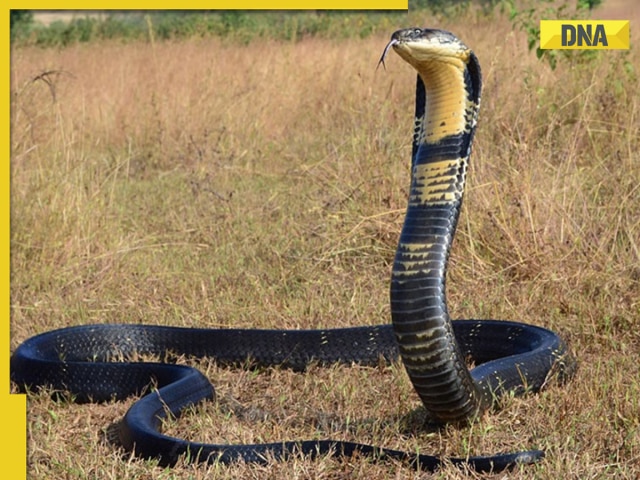 World Snake Day 2025: Why are cobras the most dangerous snakes? List of world's 10 deadliest snakes
World Snake Day 2025: Why are cobras the most dangerous snakes? List of world's 10 deadliest snakes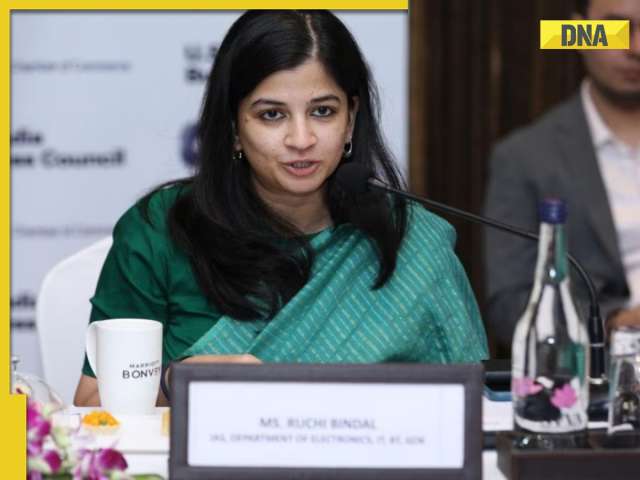 Meet woman who failed four times in UPSC exam and finally cracked it with AIR..., is now CEO of...
Meet woman who failed four times in UPSC exam and finally cracked it with AIR..., is now CEO of... 10 countries with most beautiful women in the world, Russia, USA, Greece, make it to the list, you won’t believe who’s number 1
10 countries with most beautiful women in the world, Russia, USA, Greece, make it to the list, you won’t believe who’s number 1 What is 'PAN-PAN' call that Delhi-Goa IndiGo flight pilot made before diverting flight to Mumbai?
What is 'PAN-PAN' call that Delhi-Goa IndiGo flight pilot made before diverting flight to Mumbai? UIDAI deactivates Aadhar of deceased persons, disables over 1 crore numbers, starts new service for...
UIDAI deactivates Aadhar of deceased persons, disables over 1 crore numbers, starts new service for...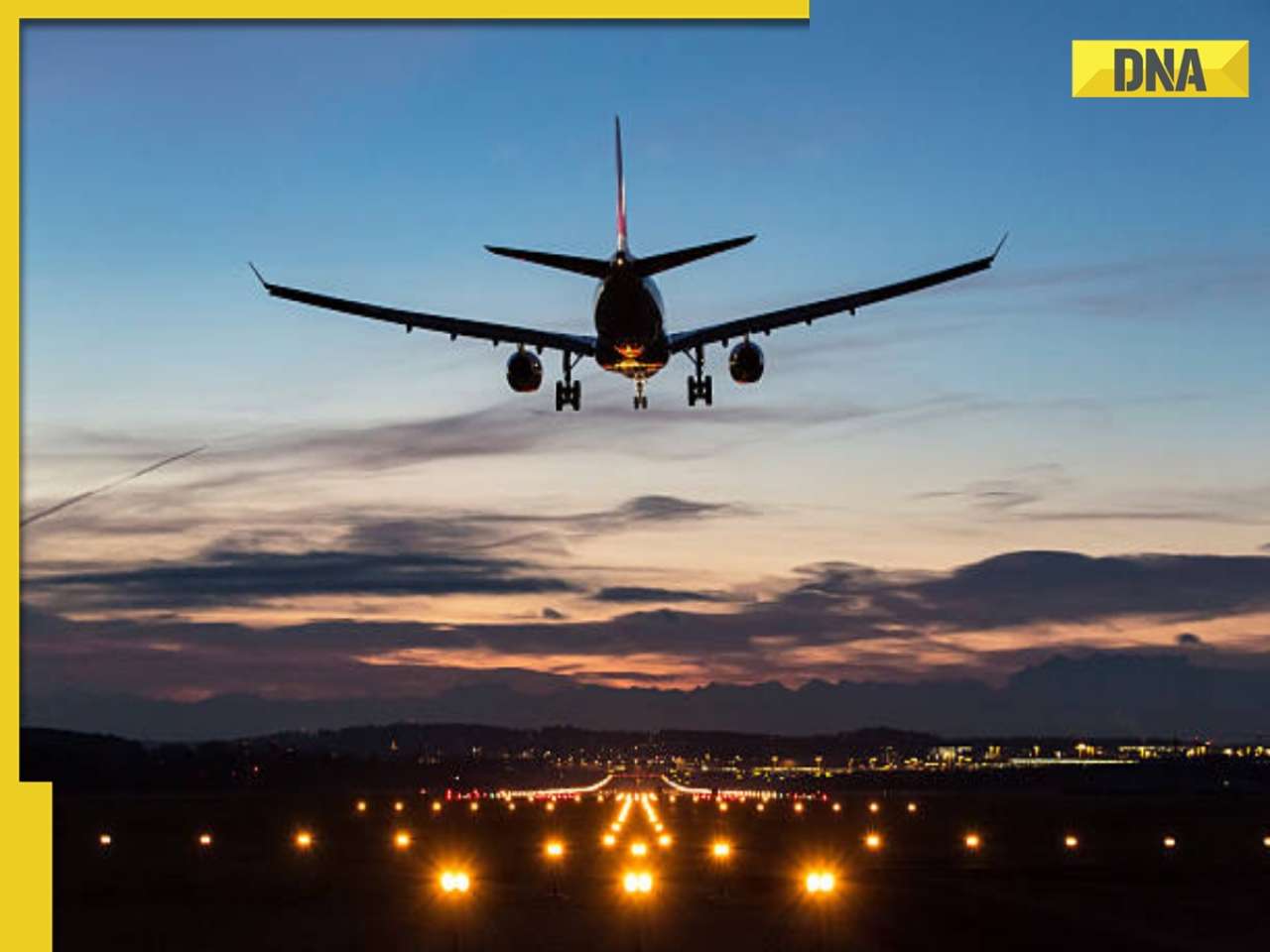 Delhi-Goa IndiGo flight makes emergency landing due to a mid-air engine failure
Delhi-Goa IndiGo flight makes emergency landing due to a mid-air engine failure Who is Aditya Saurabh? Cracked UPSC with impressive AIR, became IRS officer, now arrested for...
Who is Aditya Saurabh? Cracked UPSC with impressive AIR, became IRS officer, now arrested for... 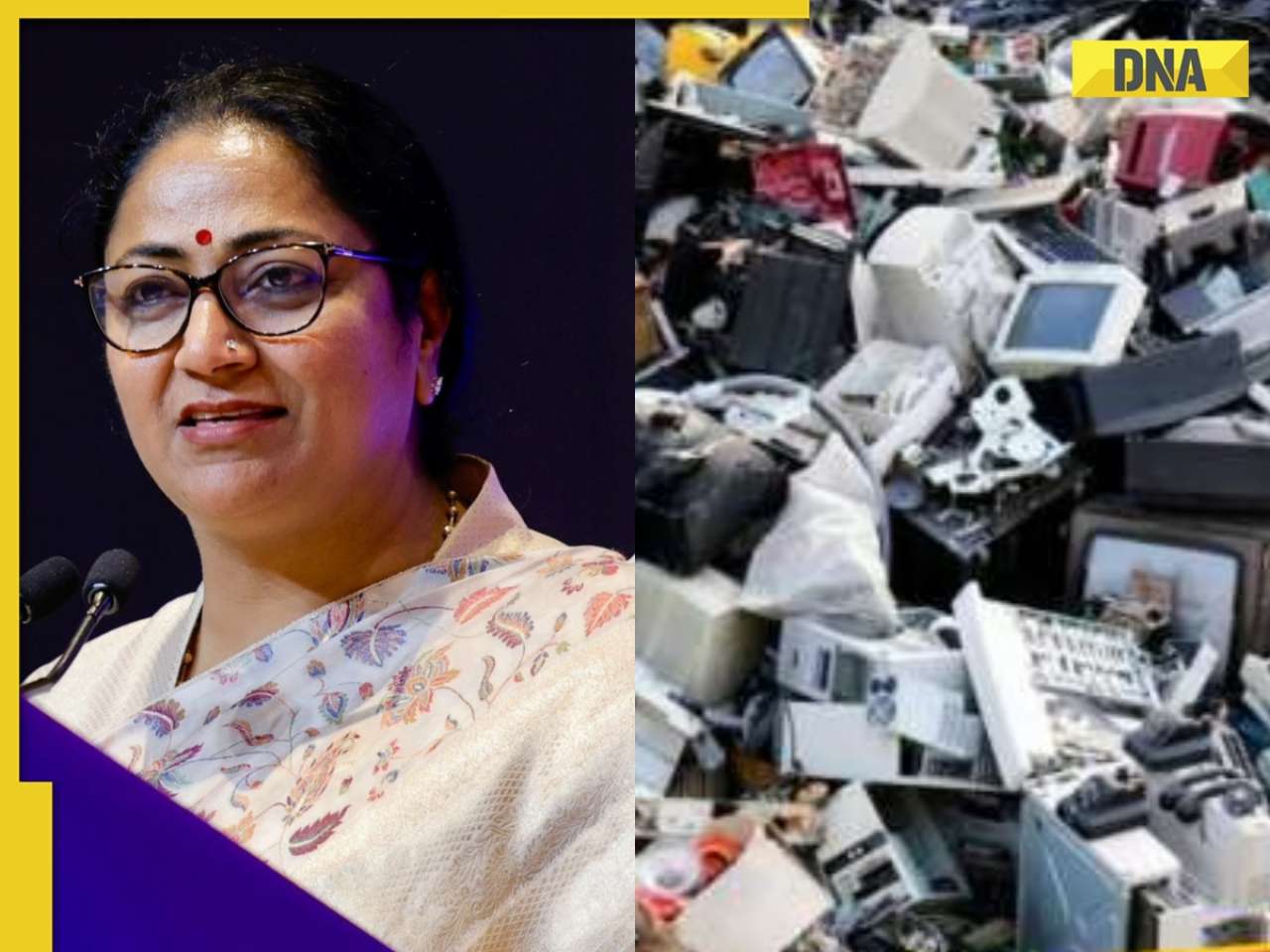 Delhi set to launch India's first net-zero e-waste park in...; its cost is Rs...
Delhi set to launch India's first net-zero e-waste park in...; its cost is Rs...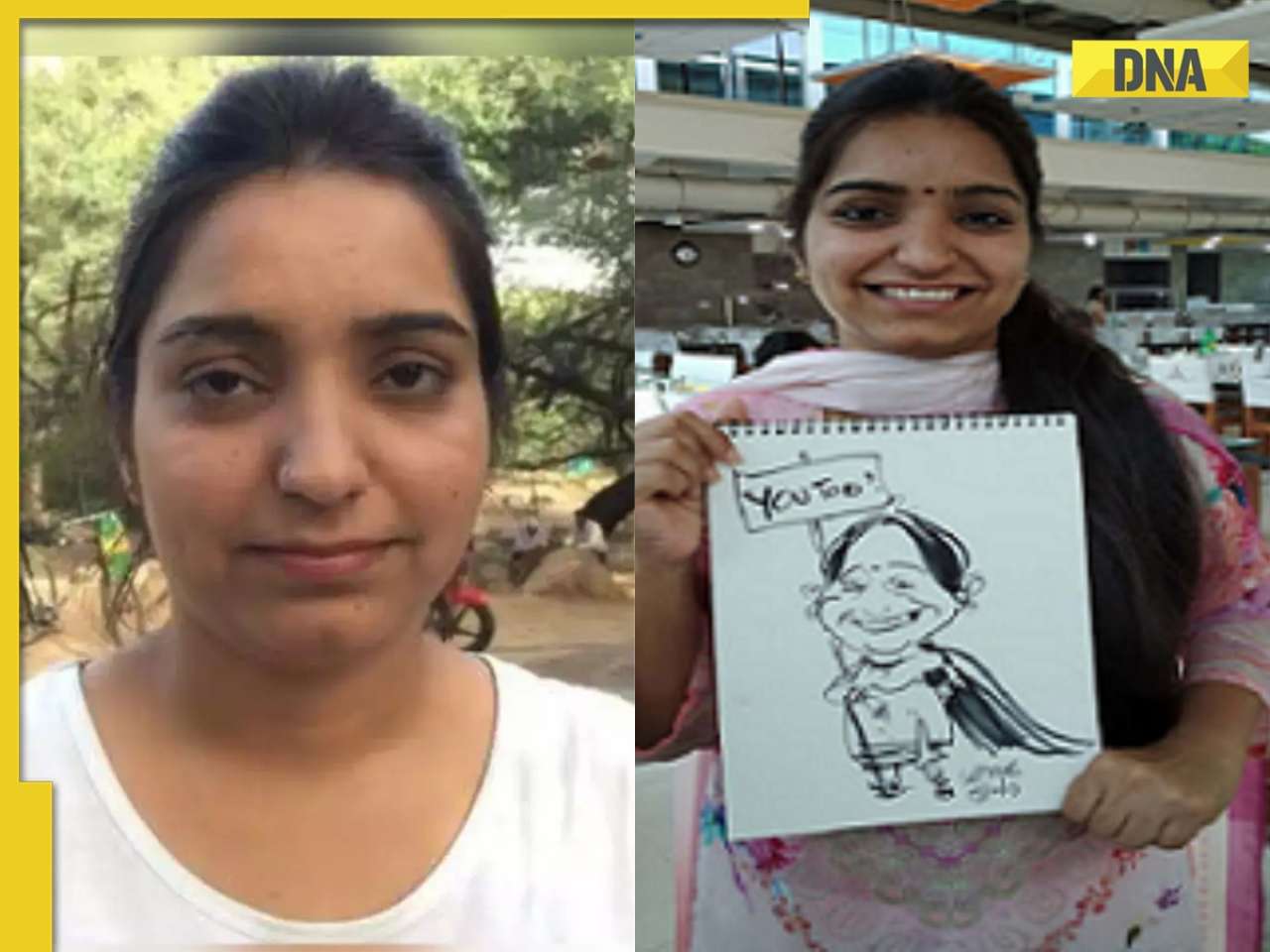 Meet woman, daughter of DTC bus driver, a JNU alumna who battled financial woes, later cracked UPSC with AIR..., she is...
Meet woman, daughter of DTC bus driver, a JNU alumna who battled financial woes, later cracked UPSC with AIR..., she is... Meet woman, DU grad, who cleared UPSC in her last attempt with AIR..., later became IAS officer, is 'perfect example of beauty with brain', she is...
Meet woman, DU grad, who cleared UPSC in her last attempt with AIR..., later became IAS officer, is 'perfect example of beauty with brain', she is...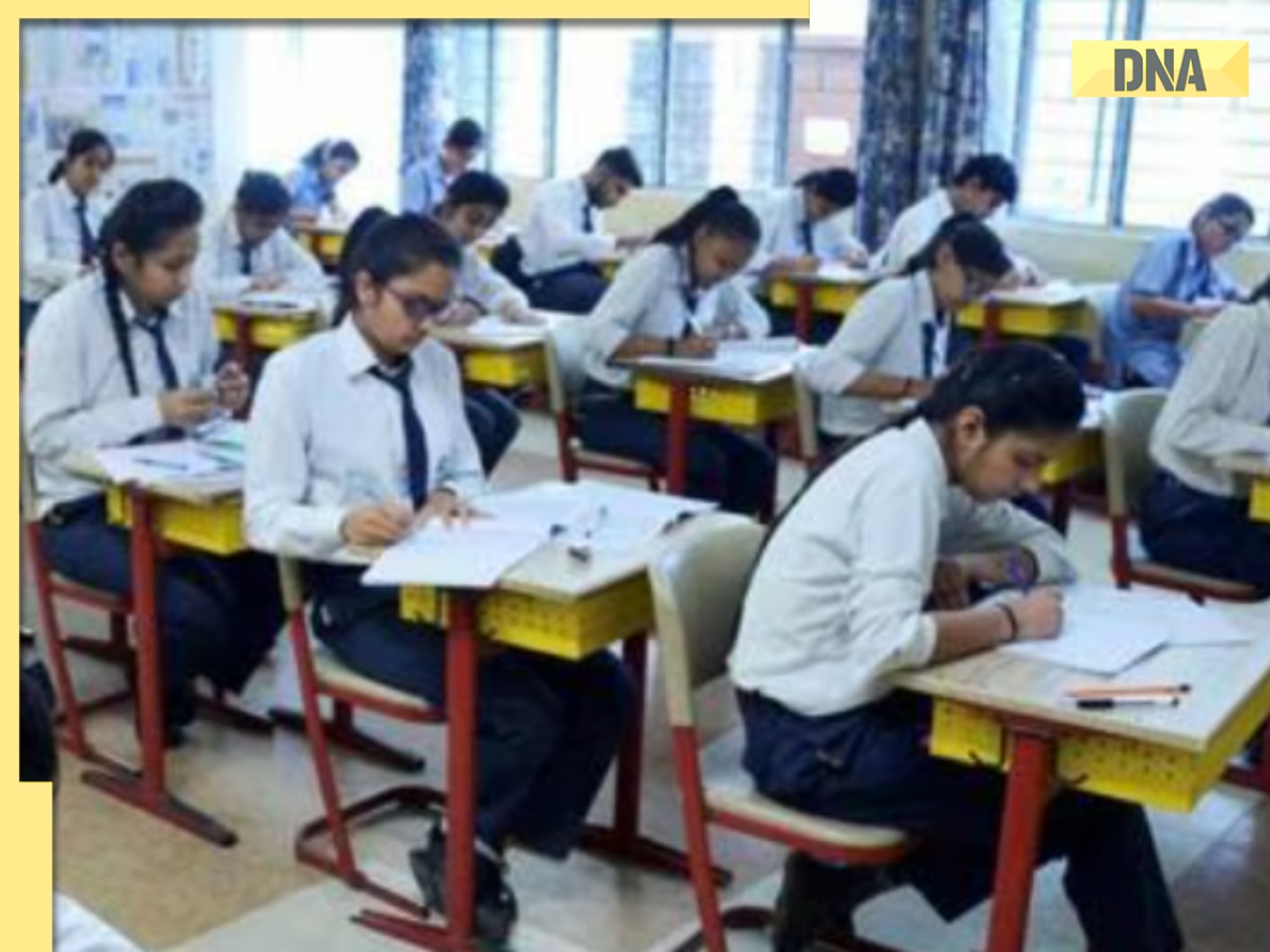 CBSE pushes for 'Oil Boards’, healthy meals in new circular to schools: Check details
CBSE pushes for 'Oil Boards’, healthy meals in new circular to schools: Check details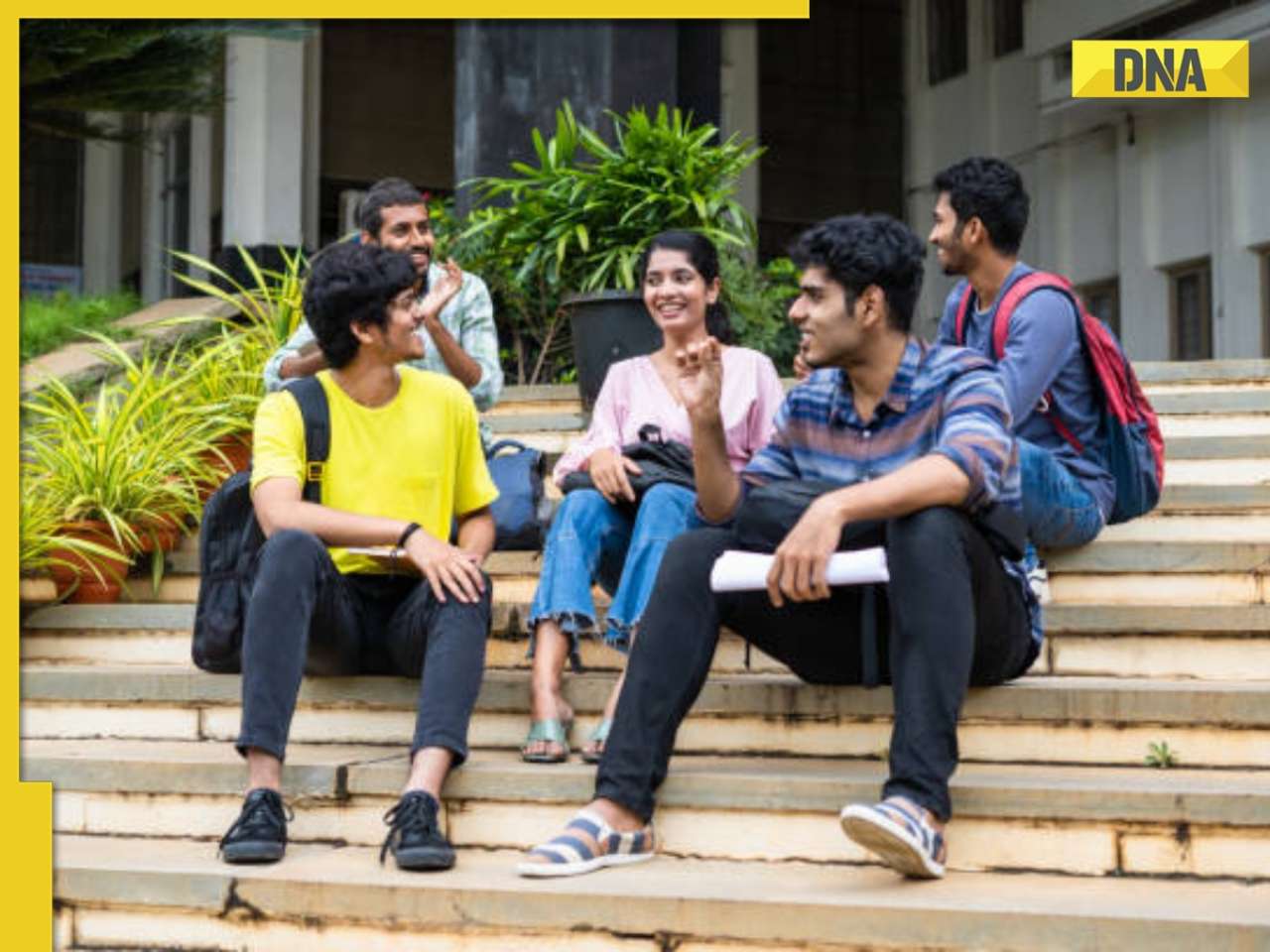 This college records Rs 10000000 placement package for 2025 batch, not IIT Delhi, IIT Bombay, IIM Ahmedabad, it is...
This college records Rs 10000000 placement package for 2025 batch, not IIT Delhi, IIT Bombay, IIM Ahmedabad, it is... Meet man, who worked as waiter, later cracked UPSC exam in 7th attempt with AIR...
Meet man, who worked as waiter, later cracked UPSC exam in 7th attempt with AIR... This luxury car is first choice of Indians, even left BMW, Jaguar, Audi behind in sales, it is...
This luxury car is first choice of Indians, even left BMW, Jaguar, Audi behind in sales, it is... Kia India unveils Carens Clavis: Check features, design changes, price and more; bookings open on...
Kia India unveils Carens Clavis: Check features, design changes, price and more; bookings open on... Tesla CEO Elon Musk launches most affordable Cybertruck, but it costs Rs 830000 more than older version, it is worth Rs...
Tesla CEO Elon Musk launches most affordable Cybertruck, but it costs Rs 830000 more than older version, it is worth Rs... Planning to buy a Maruti Suzuki car? Prices set to rise by 4% from...
Planning to buy a Maruti Suzuki car? Prices set to rise by 4% from... Audi launches Audi RS Q8 2025 in India: Know price, specifications and unique features
Audi launches Audi RS Q8 2025 in India: Know price, specifications and unique features 




)
)
)
)
)
)
)
)
)
)
)
)
)
)
)
)





